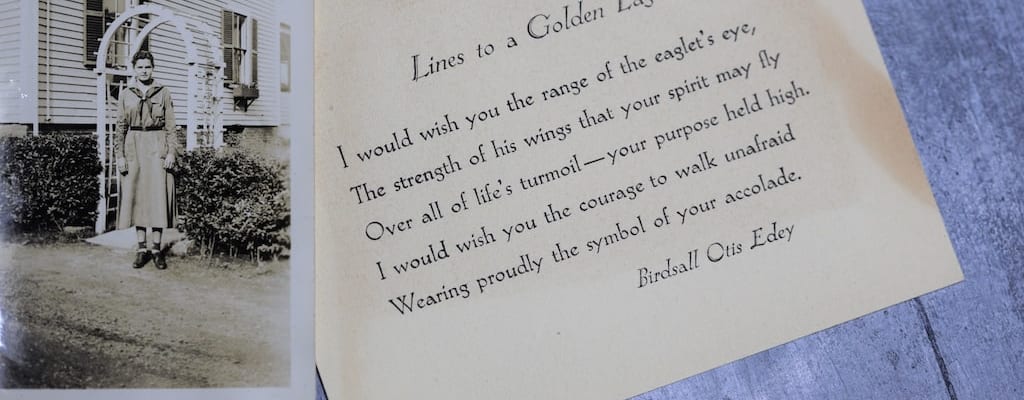kind of: Idiom Meaning and Origin
What does ‘kind of’ mean?
The idiom "kind of" is a colloquial expression that is used to indicate a moderate or hesitant agreement with a statement or a description. It suggests a level of uncertainty or approximation in the speaker's opinion or belief.

Idiom Explorer
The idiom "kind regards" is commonly used to express warm or friendly feelings towards someone, typically at the end of a written communication.
Meaning: Almost or nearly
The idiom "in kind" means to respond or repay with an equivalent action or treatment, often in a negative or retaliatory manner.
The idiom "I'd say" is used to express an opinion or estimate based on one's judgment or perception, often without definitive or factual evidence. It signifies a personal assessment or guess about a situation or statement.
The idiom "I don't know about that" is used to express doubt or skepticism towards a statement or proposition. It implies that the speaker does not have enough information or disagrees with the statement in question.
The idiom "hum and haw" means to hesitate, be indecisive, or be unsure about something. It is often used to describe someone who is taking a long time to make a decision or struggling to give a direct answer.
The idiom "happy medium" refers to finding a balance or compromise between two extremes or conflicting ideas.
The idiom "half joke" refers to a statement or remark that is meant to be humorous, but also contains a serious or true element. It is a way of expressing a thought or opinion in a lighthearted manner while acknowledging some underlying truth or seriousness.
The idiom "half a mind" means to have a slight inclination or desire to do something, but not enough determination or intent to actually follow through.
The Pervasive Ambiguity
The idiom "kind of" is a commonly used phrase in the English language. It is often used as a filler or hedge in conversation, indicating a degree of uncertainty or approximation. While the exact origin of this idiom is unclear, its usage can be traced back to at least the early 19th century.
One of the main functions of the idiom "kind of" is to soften or weaken the strength of a statement, making it less definitive. It is often used when expressing opinions, observations, or descriptions that may not be entirely accurate or precise. For example, someone might say, "I kind of like that movie," implying that their level of enjoyment is not absolute or enthusiastic.
The idiom "kind of" can also be used to introduce a comparison or analogy. In this case, it implies a similarity or resemblance, but with some differences or limitations. For instance, one might say, "She's kind of like a younger version of her mother," suggesting that there are similarities between the two individuals, but not an exact likeness.
Furthermore, "kind of" can serve as a form of hedging in conversation, allowing speakers to avoid committing to a definite statement or answer. It provides a level of ambiguity, granting individuals the freedom to express their thoughts without complete certainty. For example, someone might respond to a question by saying, "I kind of have plans," indicating that their availability is not entirely conclusive.
Interestingly, the idiom "kind of" can also be used in a sarcastic or ironic manner. In this context, it functions as a form of understatement, conveying the opposite of what is actually meant. For instance, if someone says, "Well, that was kind of a brilliant idea," they are expressing a high level of sarcasm and implying that the idea was far from brilliant.
The idiom "kind of" is a versatile phrase that is deeply ingrained in the English language. It allows individuals to convey a sense of uncertainty, approximation, comparison, or even sarcasm. While its precise origins may remain elusive, its ubiquity and flexibility make it an enduring part of everyday conversation. The idiom "kind of" provides a linguistic tool for expressing nuance and subtlety, leaving room for interpretation and creating a space for imagination within our language.
When we use the idiom "kind of," we often encounter related idioms that add to the conversational style of our language. One such idiom is "halfway decent," which conveys a sense of moderation or being tolerable. It can be used to describe something that is not exceptional, but also not terrible. For example, one might say, "The food at that restaurant was kind of halfway decent," indicating that the quality of the food was passable, but not outstanding.
An idiomatic expression commonly used in response to a statement or opinion is "I don't know about that." This phrase is often employed to express doubt or skepticism. It suggests that the speaker is uncertain about the accuracy or validity of the previous statement. For instance, if someone says, "I heard that movie was amazing," another person might respond with, "I don't know about that," indicating that they are not convinced or do not share the same opinion.
Another related idiom is "fair enough," which is used to acknowledge or accept a point made by someone else. It can indicate that the speaker understands and agrees with the reasoning behind the statement, even if they may not fully agree with the conclusion. For example, if someone says, "I think we should leave early to avoid traffic," another person might respond with, "Fair enough," indicating that they understand and accept the reasoning, even if they may have a different perspective on the matter.
The idiomatic expression "I'd say" is often used to offer an opinion or make a subjective judgment about something. It is a colloquial way of expressing personal belief or estimation. For example, if someone asks, "How would you rate that book?" one might respond with, "I'd say it's a solid 8 out of 10," indicating their own assessment or evaluation.
Example usage
Examples of how the idiom "kind of" can be used in a sentence:
- I'm kind of tired. (used to indicate a certain level or degree of tiredness)
- She's kind of shy around new people. (used to suggest a somewhat shy behavior)
- The movie was kind of boring. (used to express a certain lack of interest or excitement)
More "Adverb" idioms



